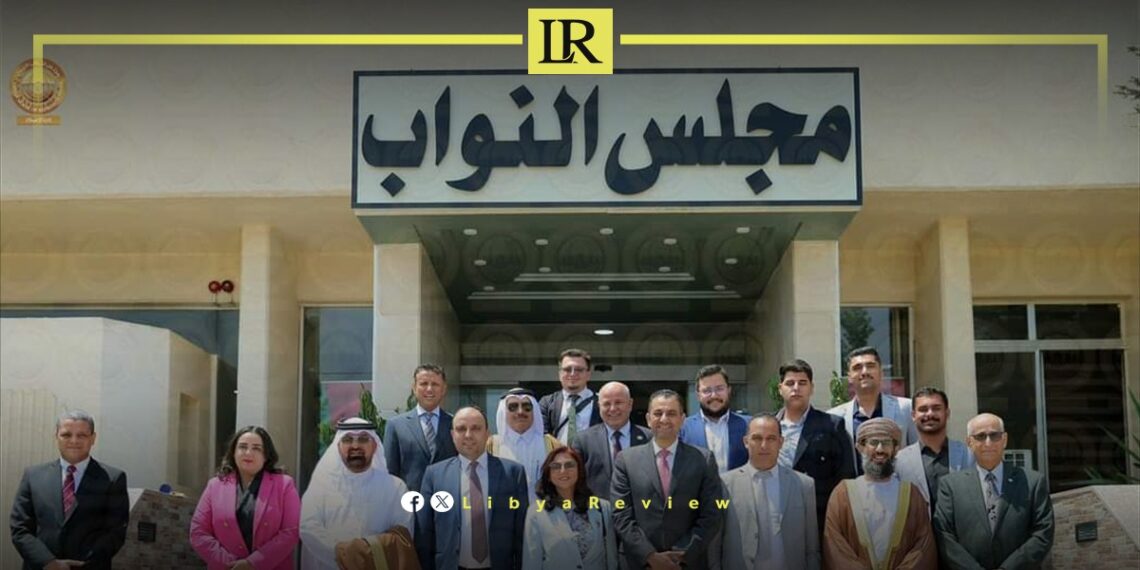Libyan Member of Parliament Miloud Al-Aswad participated in the executive bureau meetings and the expanded meeting of the high-level parliamentary working group for technology, innovation, and digital transformation, affiliated with the Arab Parliament. The meetings were held at the Jordanian House of Representatives (HoR) over three days and concluded on Thursday.
During the meetings, a summary of the previous executive bureau meeting held in February was presented, along with discussions on the implementation of its recommendations. Additionally, the vacancy of the executive bureau member position representing the Omani Shura Council was discussed.
Furthermore, visual presentations were given by experts from the King Abdullah Fund on preparing a general proposal for the ethical charter of the group. An additional presentation was made on the proposal to establish an electronic network among national parliaments aimed at strengthening relationships, exchanging experiences, and discussing and adopting arrangements for holding a conference on technology and innovation.
Last March, Mohamed Al-Shahoubi, the Minister of Transportation in the Libyan Government of National Unity (GNU), has revealed that Moroccan and Jordanian airlines are poised to resume operations in Libya shortly. In a statement to Al-Ahrar, Al-Shahoubi highlighted the return of Turkish Airlines to Libya after a decade-long hiatus as a precursor to the comeback of other international companies to the Libyan market.
The Minister announced that Turkish Airlines has recommenced operations with three weekly flights from Mitiga Airport and will soon expand its services to include Benghazi and Misrata airports.
Dbaiba described this development as an additional indicator of enhancing stability in a tweet on his X account.
Turkish Airlines suspended its flights to Libya in January 2015 due to the “continuing deterioration of the security situation.”
This move signals a significant step towards normalizing air travel and boosting Libya’s connectivity with the rest of the world, potentially enhancing economic ties and signaling a move towards greater stability and confidence in the North African nation’s improving security landscape.


